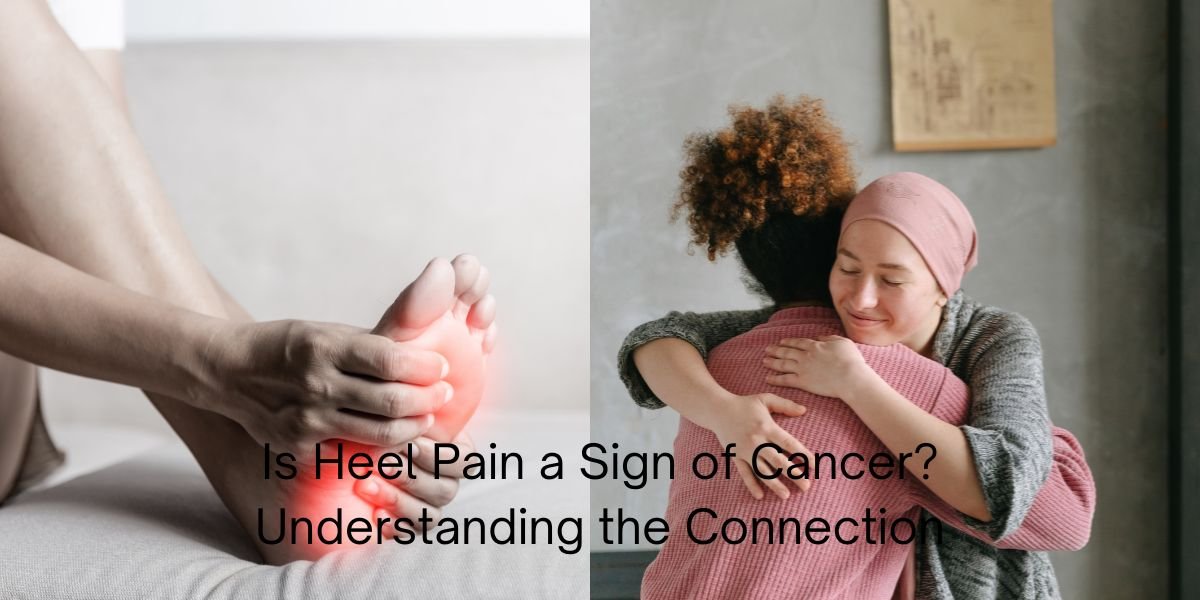The journey toward mental health recovery can be daunting, especially for individuals who identify as part of the LGBTQ community. Unique stressors such as discrimination, rejection, and the inner turmoil that can accompany a marginalized identity compound the challenges in seeking effective treatment and support. It is crucial to recognize and address these difficulties to pave the way for healing and well-being. In this article, we dive into understanding these challenges, advocating for culturally competent services, and identifying inclusive support systems crucial for LGBTQ mental health recovery.
Understanding the Unique Challenges Faced by LGBTQ Individuals in Mental Health Recovery
LGBTQ individuals often deal with a variety of stressors that can exacerbate mental health conditions. These stressors include societal stigma, discrimination, and sometimes outright violence that originate from homophobia and transphobia. The resulting anxiety, depression, and other mental health issues can be more acute for those who lack a supportive community or access to affirmative care.
Moreover, coming out to family, friends, and colleagues can be a significant source of stress and anxiety. The fear of rejection poses a weighty dilemma for many LGBTQ people, impacting their psychological well-being. This period of personal vulnerability demands sensitivity and an understanding approach from mental health professionals.
It is also critical to be aware of the high rates of substance abuse within the LGBTQ community, which often serves as a coping mechanism for the aforementioned challenges. This underscores the need for specialized LGBTQ mental health residential treatment options that cater to these complex needs.
Building an Inclusive Support System for LGBTQ Mental Health Recovery
An inclusive support system is critical for LGBTQ individuals as they journey through mental health recovery. Such a support system includes not only healthcare professionals but also friends, family, and community resources that embrace and affirm LGBTQ identities. A multi-layered support network can significantly bolster the resilience of these individuals against the adversities they face.
For many, family plays a pivotal role in recovery. When families are educated about LGBTQ issues and are supportive, it can significantly reduce feelings of isolation and promote a sense of belonging. However, when family support is lacking, individuals must find or create a chosen family among peers who provide understanding and acceptance.
Workplaces and educational institutions also contribute to the inclusive support system by implementing non-discrimination policies, offering health benefits that address the needs of LGBTQ employees or students, and fostering a culture of openness and inclusion. Such measures validate the experiences of LGBTQ individuals, creating safer spaces that contribute to overall well-being.
Legal and Ethical Considerations in Providing LGBTQ-Friendly Mental Health Care
Providing LGBTQ-friendly mental health care goes beyond cultural competence; it also includes adhering to legal and ethical standards that protect patients’ rights. Healthcare providers must ensure that their practices are not discriminatory and that they respect each patient’s identity and confidentiality by the law.
Healthcare laws such as The Health Insurance Portability and Accountability Act (HIPAA) and the Affordable Care Act (ACA) provide some protections for LGBTQ individuals, but additional measures are often necessary. Proper staff training on these laws, as well as ongoing updates on best practices for serving LGBTQ patients, are critical steps for healthcare institutions.
Another ethical consideration is the need for “informed consent” in mental health care. LGBTQ individuals should be fully informed about the therapies and treatments they receive, including any that may conflict with their identity or experiences. Transparency in treatment options fosters trust between the patient and the provider.
Promoting LGBTQ Mental Health Recovery: Community Efforts and Resources
Societal efforts play a substantial role in promoting LGBTQ mental health recovery. Communities can raise awareness about LGBTQ mental health issues through education, public campaigns, and supportive legislation that prioritizes the well-being of LGBTQ individuals. Community-led initiatives can shift public perceptions and lead to more inclusive attitudes.
Access to resources is a cornerstone of recovery. LGBTQ community centers, hotlines, and empowerment programs serve as both sanctuaries and a source of practical support. These resources provide information about local therapists, support groups, and healthcare providers adept at addressing LGBTQ-specific health concerns.
Altogether, fostering a society that understands and addresses the unique mental health needs of LGBTQ individuals involves a multifaceted approach. Overall, it requires the combined efforts of culturally competent healthcare providers, a supportive legal framework, inclusive support systems, and community resources dedicated to championing LGBTQ mental health recovery.



